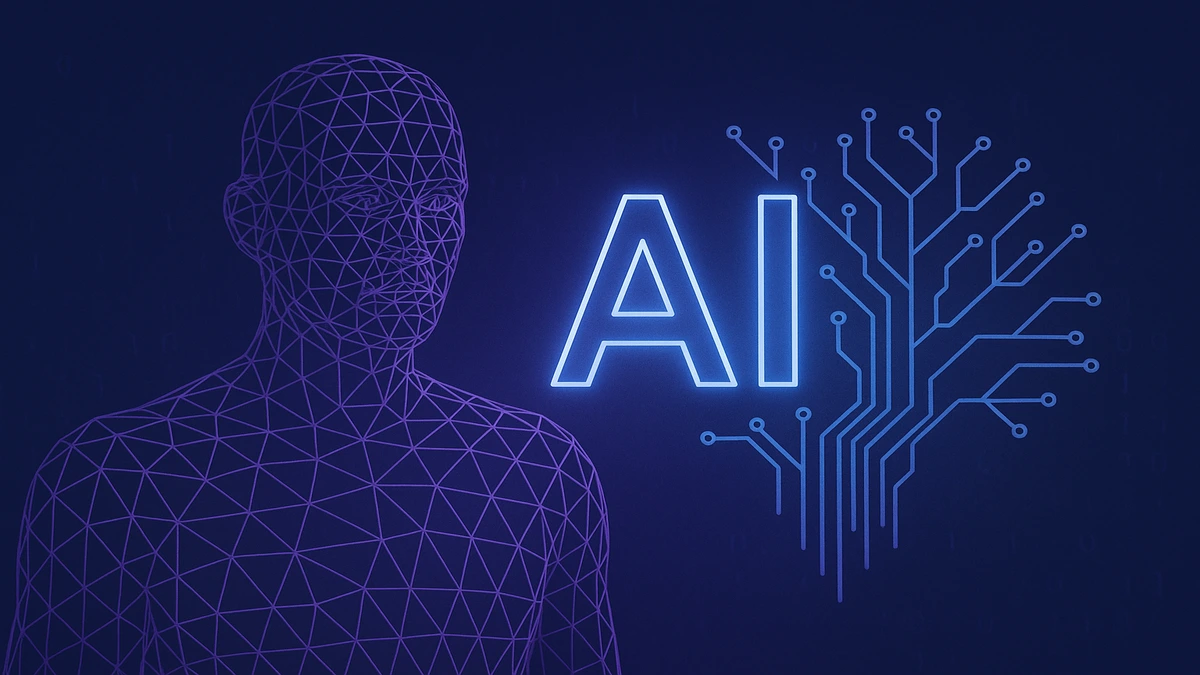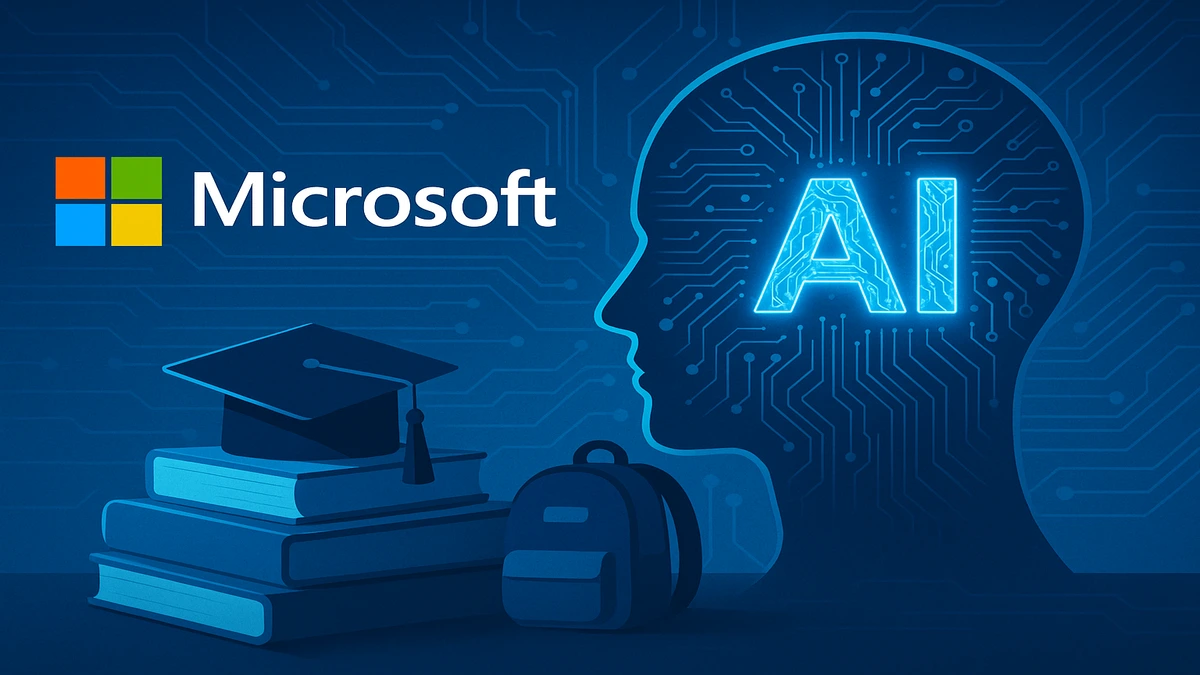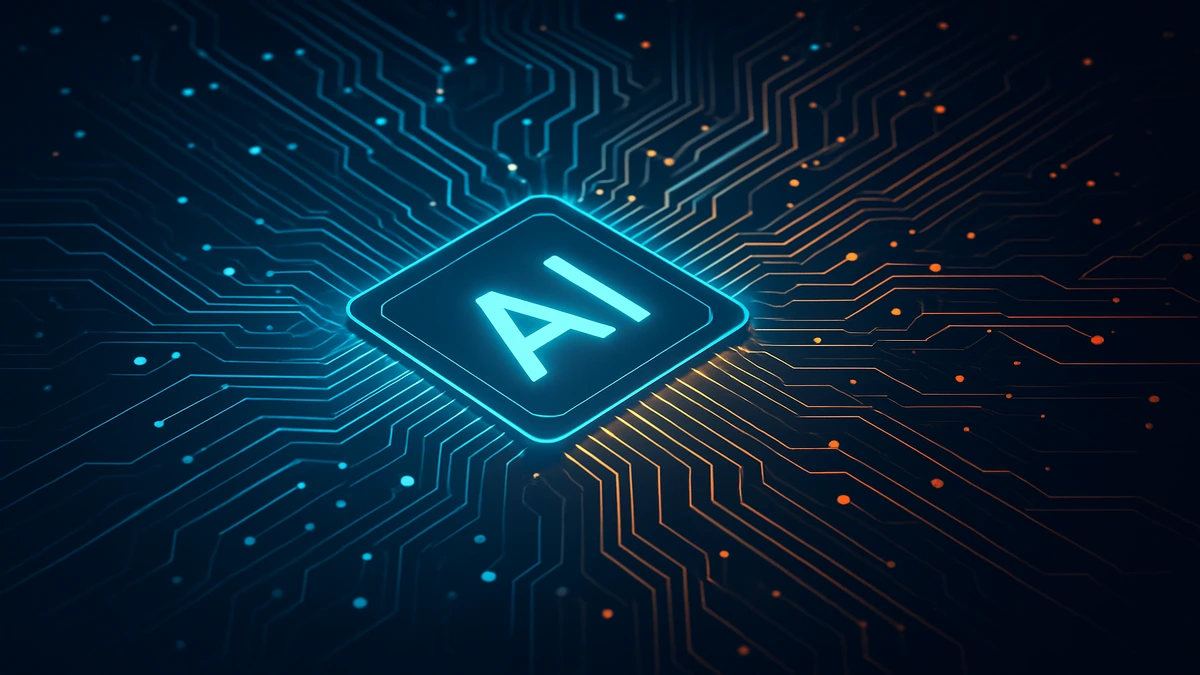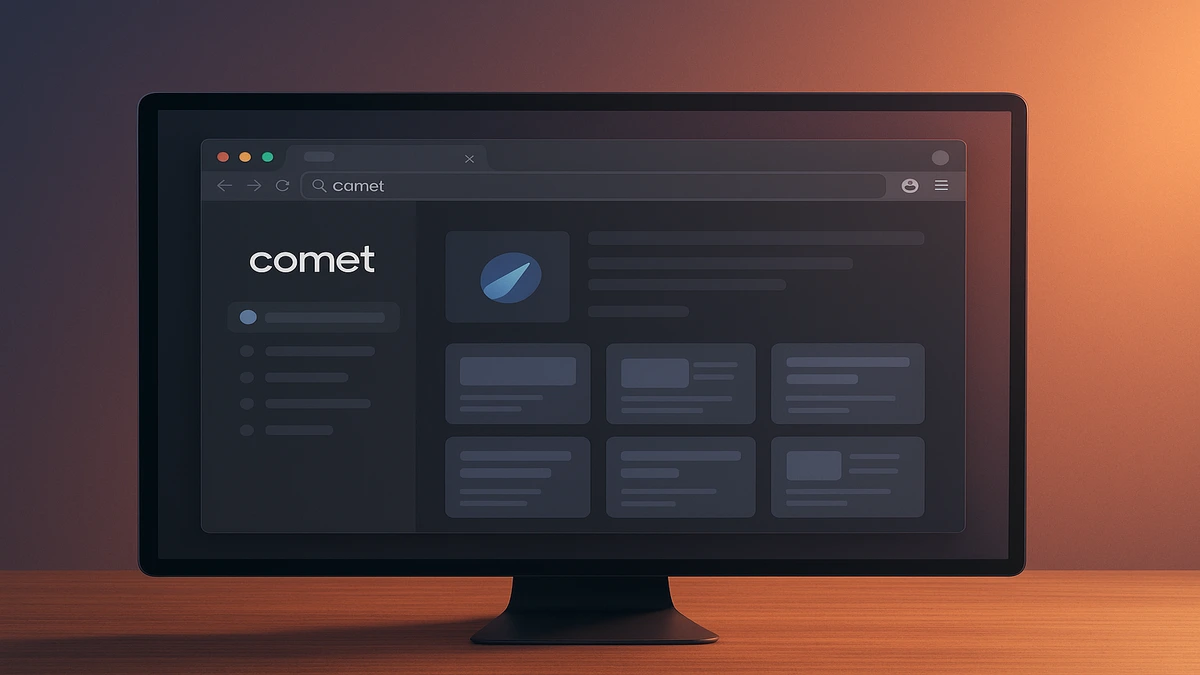
UAE makes AI a core subject from kindergarten to Grade 12 in 2025, shaping future-ready youth as part of its National AI Strategy 2031.
The United Arab Emirates (UAE) has unveiled today a groundbreaking initiative that positions it as a global pioneer in education reform. The UAE Ministry of Education announced that artificial intelligence (AI) will become a mandatory subject across all public schools, from kindergarten to Grade 12, starting in the 2025–2026 academic year. This bold move, endorsed by Sheikh Mohammed bin Rashid Al Maktoum, Vice President and Prime Minister of the UAE and Ruler of Dubai, is a cornerstone of the UAE’s National Artificial Intelligence Strategy 2031, which aims to establish the nation as a global AI leader by 2031.
By embedding AI into the core curriculum, the UAE is not merely adapting to technological change but proactively shaping its future. This reform equips Emirati youth with the technical skills, ethical grounding, and innovative mindset needed to thrive in an AI-driven world. As one of the first countries to mandate AI education across all K-12 grades, the UAE sets a precedent that could inspire global education systems.
A Vision for a Post-Oil Future
The UAE’s commitment to AI dates back to 2017, when it appointed the world’s first Minister of State for Artificial Intelligence, signaling a strategic pivot toward a knowledge-based economy. Investments in AI research, smart cities like Dubai Smart City, and autonomous transportation systems have positioned the UAE as a regional tech hub.
However, a critical gap remained: preparing the next generation to lead this transformation. Global reports, including those from the World Economic Forum, highlight an AI skills shortage, particularly in developing regions. The UAE’s decision to introduce AI education from age five addresses this challenge head-on, ensuring that its youth are fluent in the language of the future.
Curriculum Structure: A Holistic Approach
Developed in collaboration with the Mohamed bin Zayed University of Artificial Intelligence (MBZUAI), Presight, AI71, and global tech partners like Google and IBM, the AI curriculum is comprehensive and age-appropriate. It spans technical, ethical, and practical dimensions, evolving in complexity as students progress.
The curriculum is organized around key areas:
AI Foundations: Introducing students to what AI is, how it functions, and its societal impact.
Data and Algorithms: Teaching data literacy, pattern recognition, and basic computational logic.
Software Literacy: Guiding safe and effective use of AI tools and platforms.
Ethical Awareness: Exploring fairness, privacy, bias, and the societal implications of AI.
Real-World Applications: Showcasing AI in healthcare, sustainability, finance, and logistics.
Innovation and Projects: Encouraging students to design simple AI tools or prototypes.
AI Policy and Engagement: Fostering civic responsibility and public discourse on AI governance.
For kindergarteners, AI is introduced through interactive games and storytelling, making abstract concepts accessible. High school students, meanwhile, engage in advanced tasks like coding basic AI models or debating ethical dilemmas, such as AI in surveillance. This modular design ensures that learning is both engaging and relevant at every stage.
Implementation: Building the Infrastructure
The rollout begins in public schools in the 2025–2026 academic year, with plans to extend to private schools by 2026–2027. The Ministry of Education has launched a pilot program to train AI-certified teachers, supported by partnerships with global tech firms. While specific targets—like training 20,000 educators or establishing a central AI lab hub—are aspirational, they reflect the UAE’s commitment to scale.
Additional initiatives include:
Teacher Training: Upskilling educators through programs with MBZUAI and tech partners.
Collaborative Hubs: Creating inter-school platforms for AI research and projects.
National AI Student Challenge: A potential annual competition to foster innovation (though not yet confirmed).
These efforts are bolstered by the UAE’s robust tech ecosystem, including MBZUAI’s global partnerships and Abu Dhabi’s ranking as the world’s safest city in 2025, which provides a stable environment for educational innovation.
Synergies with UAE AI Strategy 2031
The AI curriculum is a critical pillar of the UAE’s National Artificial Intelligence Strategy 2031, which seeks to:
Position the UAE as a global AI research hub.
Enhance government efficiency, healthcare, and transportation through AI.
- Create new AI-driven economic sectors.
By equipping students with AI literacy, the UAE is building a workforce capable of sustaining these ambitions. Graduates will be poised to lead in AI research, contribute to regional start-ups, and shape global AI governance.
Global Significance: A Model for the Future
The UAE’s initiative is unprecedented in its scope. While countries like the U.S., Singapore, and Finland integrate coding or computational thinking into early education, few have mandated AI as a core subject across all grades. This reform positions the UAE as a trailblazer, potentially influencing education policies in the GCC and Global South.
By treating AI as a fundamental literacy—akin to reading or mathematics—the UAE challenges the notion that AI is solely a higher-education specialization. This shift could redefine global education standards, emphasizing digital fluency as a prerequisite for modern citizenship.
Challenges and Criticisms
Despite its ambition, the reform faces hurdles:
Teacher Training: Scaling up educator capacity to teach AI effectively is a significant challenge, requiring sustained investment.
Balancing Skills: Ensuring students develop creativity, empathy, and critical thinking alongside technical skills is critical to avoid an overly tech-centric curriculum.
Equity and Privacy: Concerns about data privacy, AI surveillance, and access to resources in rural schools must be addressed to ensure inclusivity.
The UAE has responded by emphasizing ethics and responsibility in the curriculum, aiming to foster not just technical experts but socially conscious innovators. Partnerships with global firms also aim to bridge resource gaps.
Economic and Workforce Impact
The reform is a strategic investment in the UAE’s economic future. AI is projected to add $320 billion to the MENA economy by 2030, with the UAE contributing 14% of this growth. By preparing students for AI-driven careers, the UAE ensures its graduates can:
Compete in global AI research and development.
Drive innovation in start-ups and public sector projects.
Lead in AI governance and policy, addressing issues like privacy and ethics.
This initiative aligns with the UAE’s vision of a diversified, knowledge-based economy, reducing reliance on oil and fostering sustainable growth.
The UAE’s decision to integrate AI into every grade is a visionary step that redefines education as a tool for national and global leadership. By equipping its youth with the skills to navigate and shape an AI-driven future, the UAE is not just preparing for change—it is driving it. This reform underscores a broader truth: in the 21st century that is algorithmic literacy, ethical awareness, and technological innovation are the foundations of progress.
Also Read : How Estonia Is Leading the AI Education Revolution






